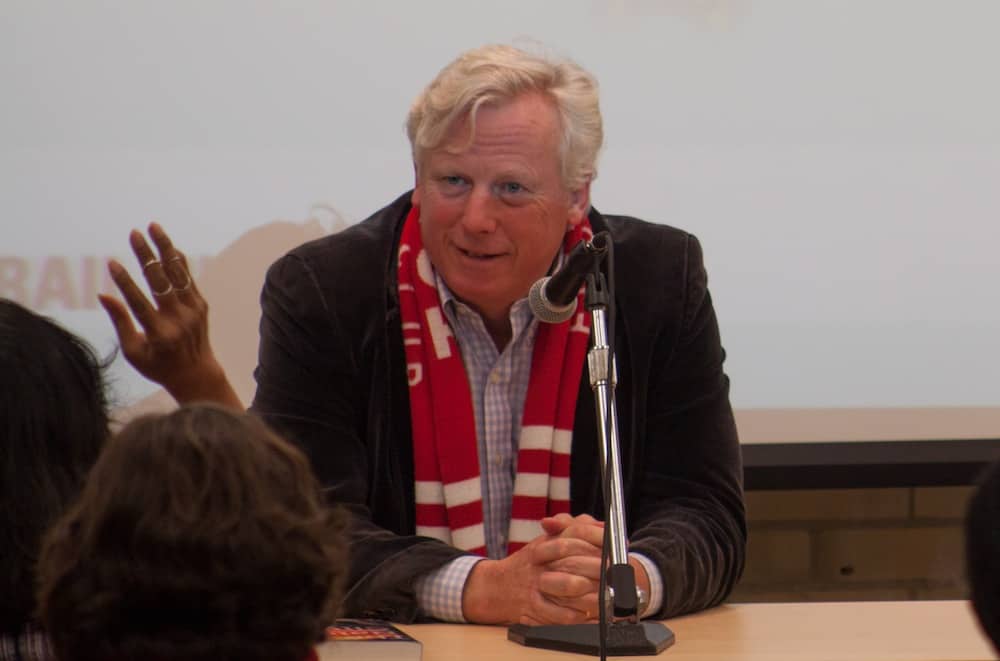The Cities Centre at the University of Toronto hosted David Miller as the key speaker in its ongoing Justice in Toronto series, and looks at how the City of Toronto can address issues of race, housing, education, employment, and the environment in a more just manner. The series’ website states: “it is unjust to the extent that some undeservedly enjoy more opportunities than others or where some unfairly avoid facing common urban problems.”
Miller spoke alongside Ingrid Stefanovic, a professor in the philosophy department and a founding director of U of T’s Centre for Environment, in a lecture called Environmental Justice in Toronto. The lecture began with a short introduction by Stefanovic, who is also an author of The Natural City: Re-envisioning the Built Environment. She outlined what environmental justice is, and how it can be addressed in the City of Toronto. In her opening remarks, Stefanovic stressed the need for a balance between economic development and socioeconomic and environmental justice.
Miller, who has long been a champion of environmental issues, discussed how the City of Toronto can solve issues of environmental injustice. “Mayors can be great leaders, and mayors are responsible for the effects of the climate change on their cities,” said Miller, speaking about two of his initiatives as the mayor of the city. The first was to address the problems in parts of the cities where there were significant challenges in terms of low public investment and incomes of the residents. The second was his proposed Transit City system of rapid transit. Miller stated that the debate over the transit network needs to end and to “just build it.”
Miller praised U of T’s efforts to promote environmental sustainability, making special note of the Scarborough campus: “UTSC in particular has been really good at addressing environmental values as to how to build their campus and how it relates to the nature and how sustainable the buildings are. The St. George campus has the opportunity to show the same kind of leadership in terms of city building.”
Miller said that, during his tenure as mayor, he had a strong working relationship with U of T president David Naylor. Naylor had a “positive attitude towards working with the city, which is not always the case,” said Miller. He was critical of U of T’s approach in the past, characterizing it as uncooperative and stubborn. Miller said that, when it comes to city building, there needs to be cooperation between the city and the university, adding: “Even though the university is an important institution, there are design and density issues that the city has to address.”
Miller served as the sixty-third mayor of Toronto from 2003 to 2010, and went on to become the advisor on urban issues for the World Bank in 2011. He is currently the president and CEO of WWF-Canada, the Canadian chapter of the World Wildlife Fund.


